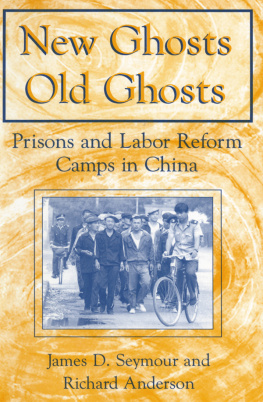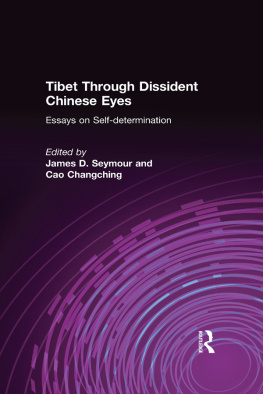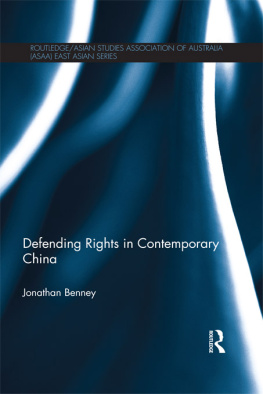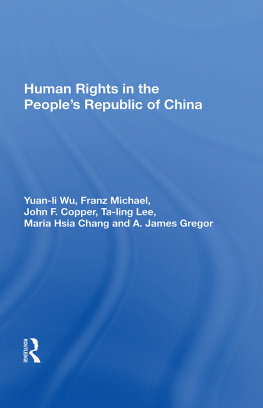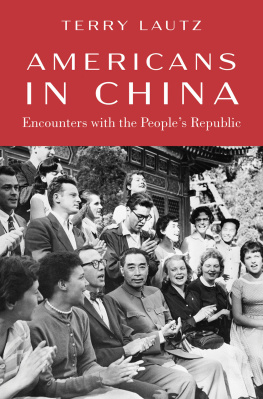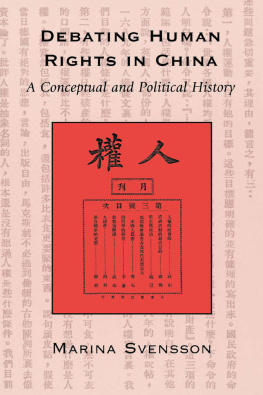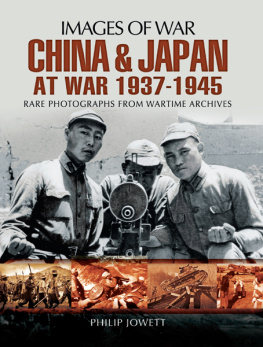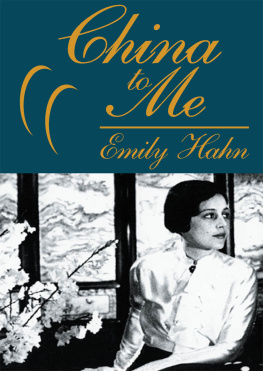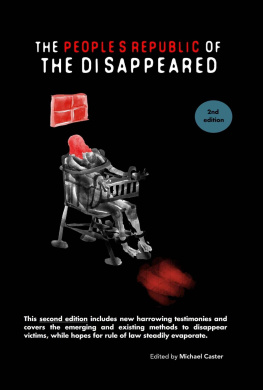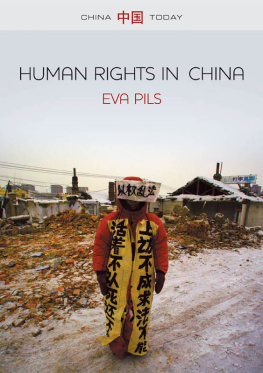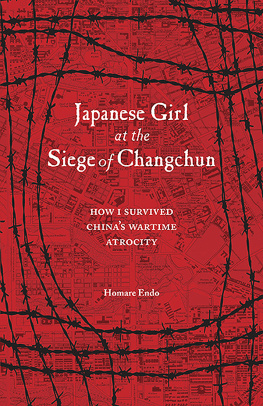First published 1985 by M.E. Sharpe
Published 2015 by Routledge
2 Park Square, Milton Park, Abingdon, Oxon OX14 4RN
711 Third Avenue, New York, NY 10017, USA
Routledge is an imprint of the Taylor & Francis Group, an informa business
1985 Taylor & Francis. All rights reserved.
No part of this book may be reprinted or reproduced or utilised in any form or by any electronic, mechanical, or other means, now known or hereafter invented, including photocopying and recording, or in any information storage or retrieval system, without permission in writing from the publishers.
Notices
No responsibility is assumed by the publisher for any injury and/or damage to persons or property as a matter of products liability, negligence or otherwise, or from any use of operation of any methods, products, instructions or ide as contained in the material herein.
Practitioners and researchers must always rely on their own experience and knowledge in evaluating and using any information, methods, compounds, or experiments described herein. In using such information or methods they should be mindful of their own safety and the safety of others, including parties for whom they have a professional responsibility.
Product or corporate names may be trademarks or registered trademarks, and are used only for identification and explanation without intent to infringe.
ISSN: 8756-0844
ISBN 13: 9780873323208 (hbk)
This work pulls together much of the current information about human rights in the Peoples Republic of China. Because we are publishing it promptly, it is inevitable that more information will come to light, and our perspective on the subject may change considerably. As much as anything, this book is seen as a springboard for further research, and toward that end considerable bibliographic guidance is provided.
Human rights are taken to mean anything that is included in the United Nations Universal Declaration of Human Rights (1948). These include both negative rights (ways that governments may not interfere in an individuals life) and positive rights (goods and services that governments are required to provide). However, any study of positive rights is going to be less a human rights analysis in the usual sense, and more a study in economics, education, medicine, nutrition, etc. This book cannot be all these things. Thus, while touching on the positive rights, we concentrate more on freedom of expression and other areas where human rights analysis is most applicable. This sometimes gives rise to complaints that one does not care about positive rights, though this is not the case with the present author.
Furthermore, not even all negative rights are dealt with here. In the case of some rights, 1984 did not seem like a particularly appropriate year to examine the subject, either because of the objective situation or the unavailability of research materials.
Part I of this book is an analysis of internationally recognized human rights and the extent to which they are realized in China. Students of human rights will find the approach quite orthodox. Sinologists may find it strained; they will be much more at home in Part II, which analyzes the subject from a Chinese perspective. The term human rights hardly appears, but human rights issues as they arose in China during the period under study are nonetheless treated.
Most of the information in this book is derived from official Chinese sources. This gives rise to the question of the reliability of the information. Naturally, much of it is highly partisan. Still, in recent years Chinese reporting has become much more accurate. Errors are now more apt to be of omission than commission. And even a highly biased proclamation is useful for telling us where the regime stands on a certain issue. Beyond that, it goes without saying that the information is only as good as the source, and we will not clutter the text with repeated disclaimers.
Following the section on each subject there is usually a list of additional resources which were published during the period under review. These almost always are materials not previously cited in the text. Generally, an item is one of two types. A few were published in a major Western publication. Little service would be performed by making extensive use of these in the preparation of this book, and the reader is simply referred to them. Other items were not previously cited because, though relevant, they were not needed for the preparation of this book. Though these items vary in quality, researchers will often find them useful.
It should be kept in mind that this book only covers a one-year period. There is scant background information, more of which should be sought in the works listed on page . Furthermore, in this volume we only deal with selected human rights issues. We are hoping to publish future editions of these Annals, not only to update the situation but also to examine those rights which we have neglected at this time.
This is one of a series of publications sponsored by the Society for the Protection of East Asians Human Rights. SPEAHR is concerned with human rights problems in all parts of East Asia, including Taiwan, Korea and Mongolia, in addition to the Peoples Republic of China.
We are most pleased that M. E. Sharpe, Inc., has agreed to publish these Annals. In particular, we would like to acknowledge Douglas Merwin of East Gate Books for his considerable help in shepherding the project.
Others who assisted in various ways have been Elizabeth Berseth, David Eisner, Andrew Nathan, and Josephine Tao. I am also grateful to the scholars who contributed book reviews.
In order to avoid the lag time that is required to publish most books, we have taken certain shortcuts. For one thing, this is being printed directly from SPEAHRs computer printout, not typeset in the normal manner. Also, the index is a somewhat crude computer-generated key word list, not an intelligent or analytical index. Finally, most citations are inserted directly in the text in highly abbreviated form rather than appearing as footnotes. (See pp..) We hope that timeliness will compensate for the unorthodox appearance.
Where translated material has been quoted, it has often been edited without indication.
SPEAHR is supported solely by membership contributions. For information about how to join the Society, you may write to P.O. Box 1212, Cathedral Station, New York, N. Y. 10025. We welcome your comments, questions and suggestions about this series or other aspects of the Societys work.
JDS
New York, December 1, 1984
BACKGROUND READINGS
Amnesty International. China--Violations of Human Rights: Prisoners of Conscience & the Death Penalty in the Peoples Republic of China. London and New York, 1984.


